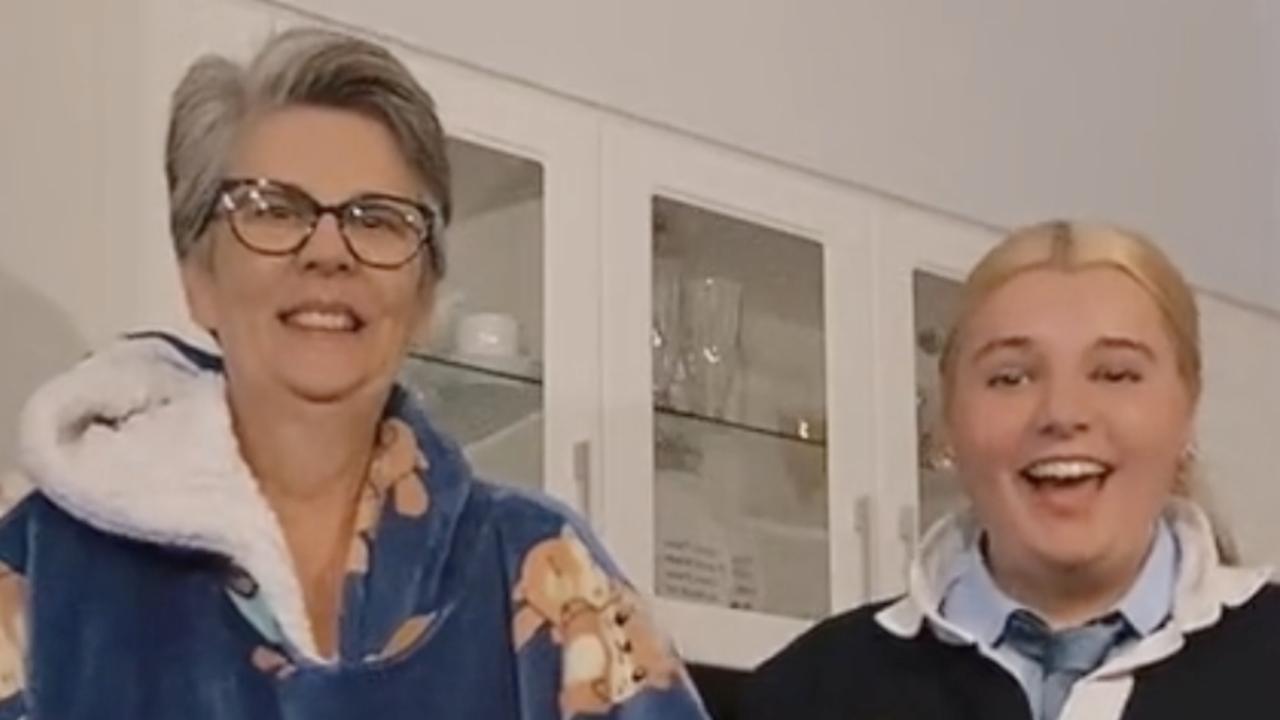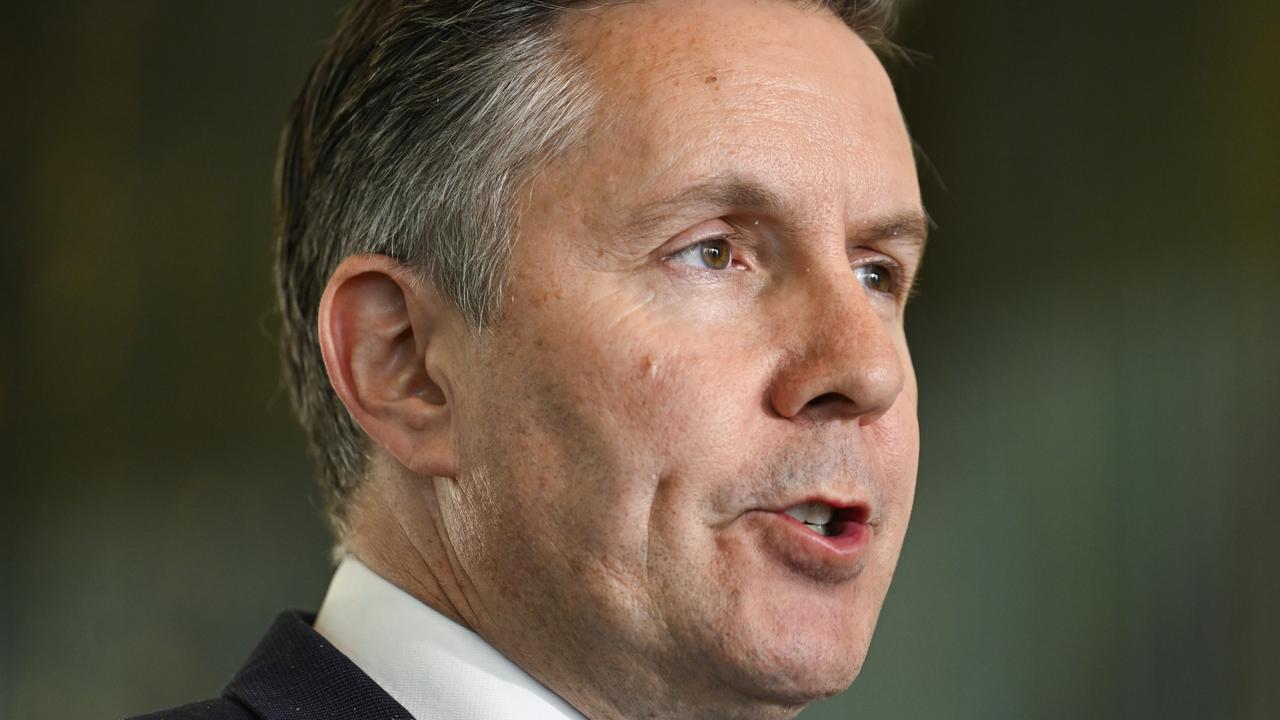Vet mental health calls spike after war crimes report
Veterans’ calls to the government’s mental health service have spiked after the release of a shocking war crimes report.

A spike in veterans reaching out for mental health services after the horrific Afghan war crimes report is a “mixed blessing”, according to the Veterans’ Affairs Minister.
The report uncovered evidence of 39 murders of Afghans committed by Australia’s elite special forces and the mistreatment of two others. It alleged junior soldiers were pressured to kill unarmed civilians as part of a disturbing initiation ritual.
Defence leaders accepted the report’s findings, labelling them shameful, and pledged to launch a cultural overhaul.
Fears about the impact the report would have on veterans’ mental health have been realised after revelations outreach to the federal government’s mental health support service had skyrocketed since its release.
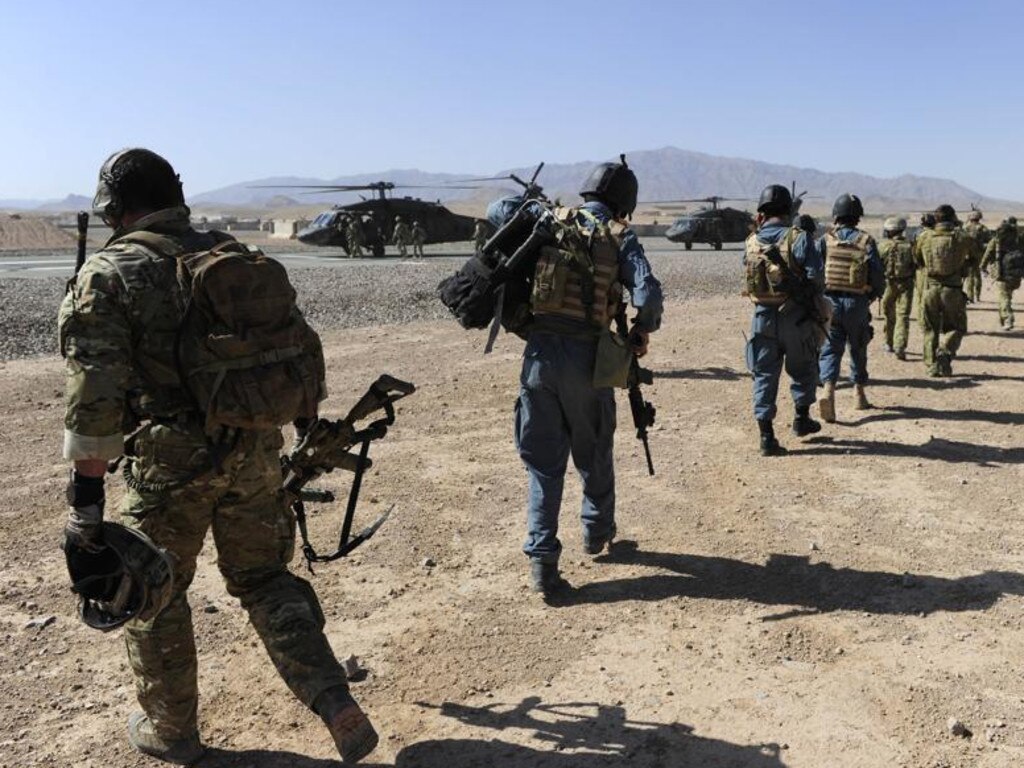
Open Arms fielded 680 calls to last week, double the number from the week before. Darren Chester described the revelation as a “mixed blessing”.
“In some ways it’s a good thing, because people are actually reaching out for help,” he told Sky News.
“Obviously, it is a negative tool because they need that help, so it‘s a bit of a mixed blessing.
“We do encourage people to contact Open Arms if they do need support, keep an eye on their mates and make sure they stay in contact.”
The government is pushing to create a new commissioner for Defence and Veteran Suicide Prevention. It hopes the legislation will pass in the final sitting weeks of the year.
Up to 3000 soldiers who served in Afghanistan could be stripped of individual accolades over the distressing report.
ADF chief Angus Campbell has recommended a meritorious unit citation awarded to the Special Operations Taskforce be revoked.
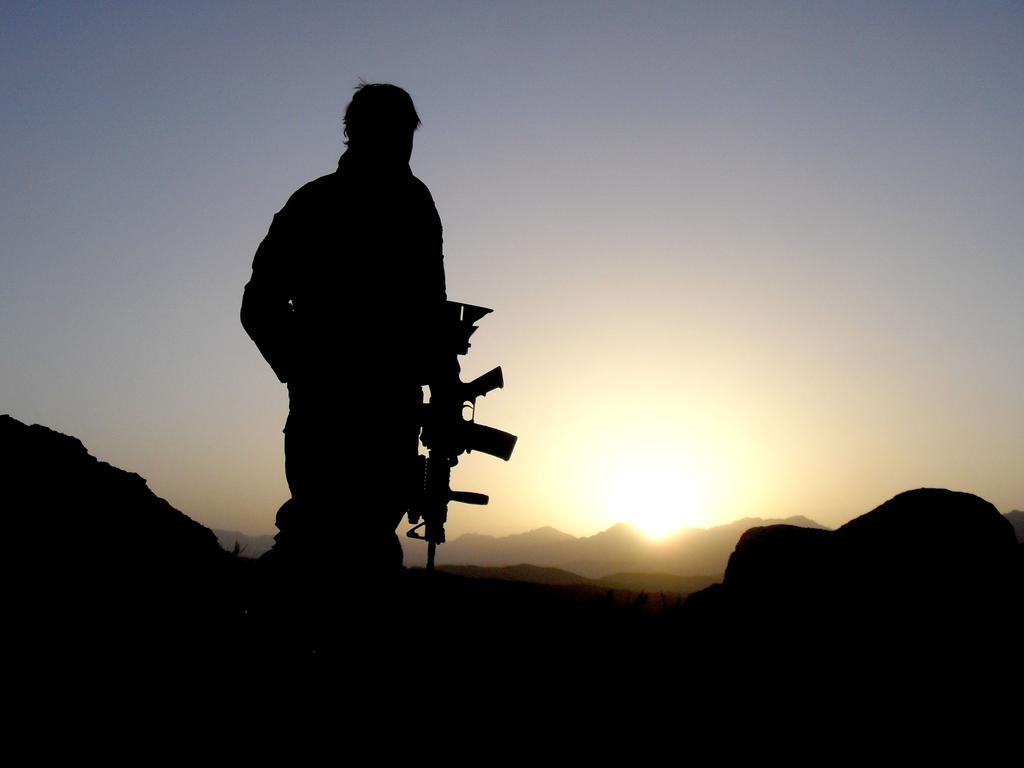
The move, in which all soldiers who served in the unit in Afghanistan between 2007 and 2013 would lose the citation, has sparked a backlash among some ADF family members. They argue it unfairly tarnishes soldiers who served with distinction.
Mr Chester accepted the issue was complex but urged Australians to trust the process that had been put in place.
“The unit citation is awarded for the collective effort of a unit. It’s not an individual award, it’s one that all members of that unit collectively contribute to,” he said.
“The problem is the inquiry report has found evidence of deliberately misleading information and covering up facts of unlawful killings in a systemic way, which has not bought credit to the broader unit.
“That is where the complexity comes into it.
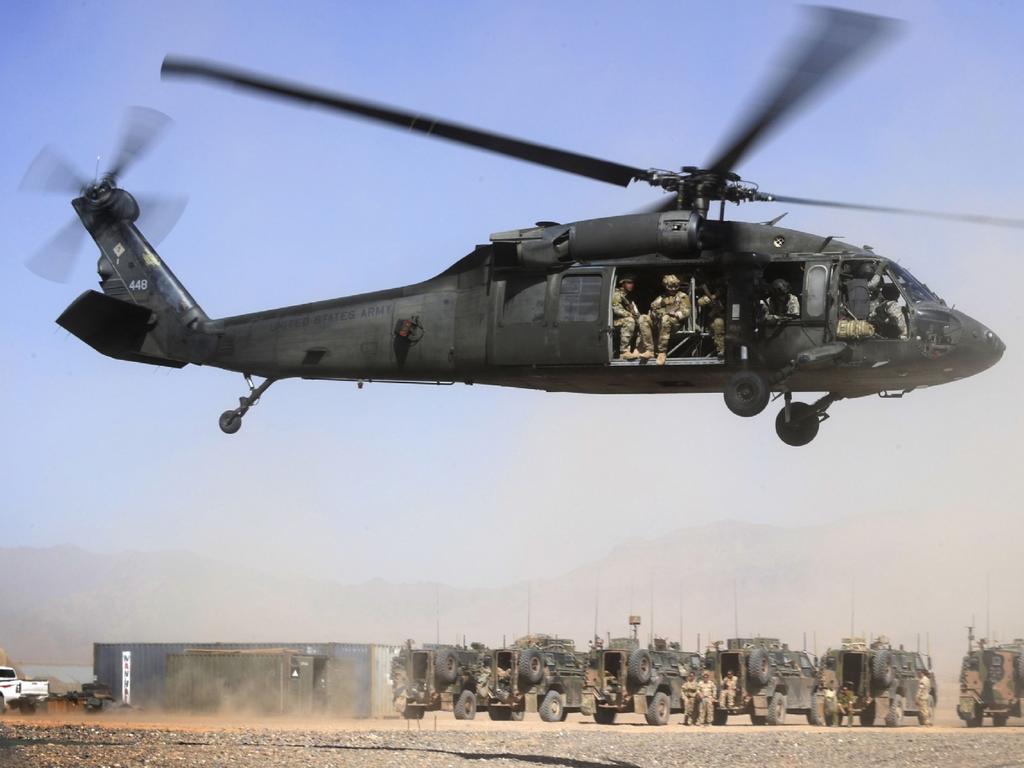
“Obviously, the vast majority of men and women who serve in uniform have served with great distinction.
“The last thing our veteran family families need right now is judgment from the Australian people. They need our support.”
Mr Chester also said it was “inevitable” the report would be acknowledged by the War Memorial.
Memorial director Matt Anderson flagged the idea on Tuesday, saying curators have been given free rein on how to represent its horrific findings.
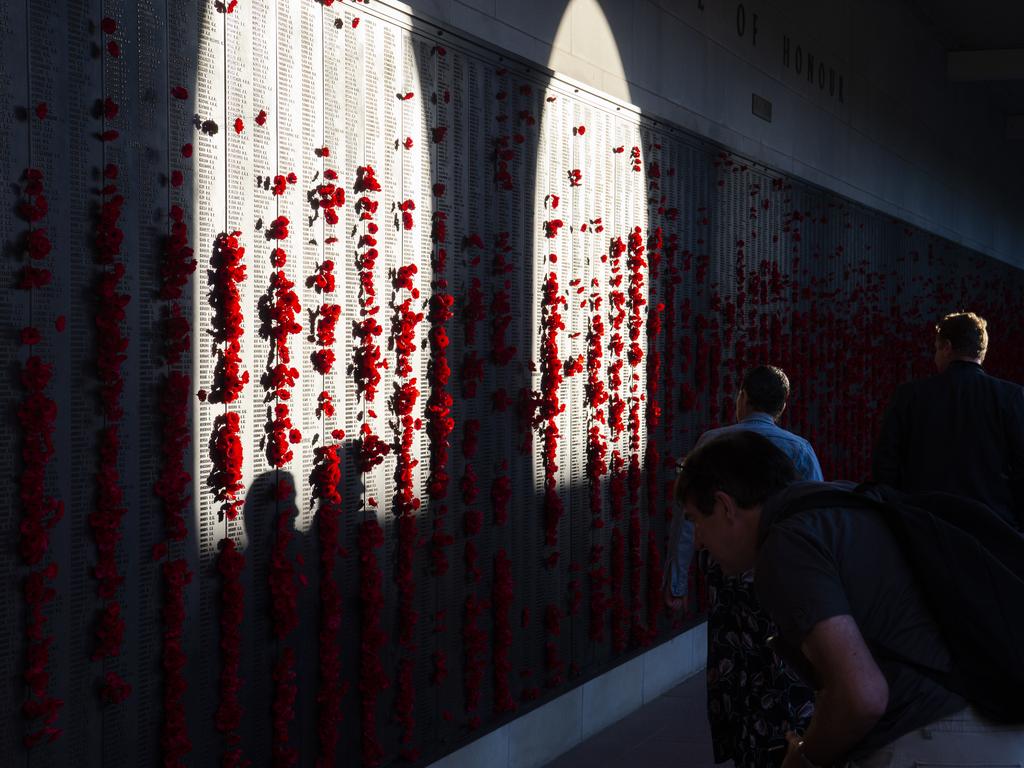
Mr Chester described the site as a place of “great truth telling” that conveyed the full story of military service.
“War is a horrible and ugly business, so there are some very negative aspects to those displays. People see that when they go to the War Memorial now,” he said.
“Once the information is properly assessed and can be interpreted, inevitably there will be some references to this period in our nation’s history. I expect that will happen as part of the curatorial process.”
Prime Minister Scott Morrison has rejected fears the process would create a “hall of shame” at the War Memorial, saying he trusted the War Memorial board to deal with the issue sensitively.

